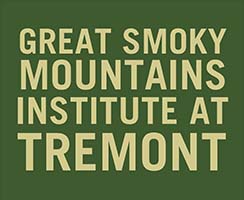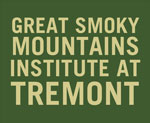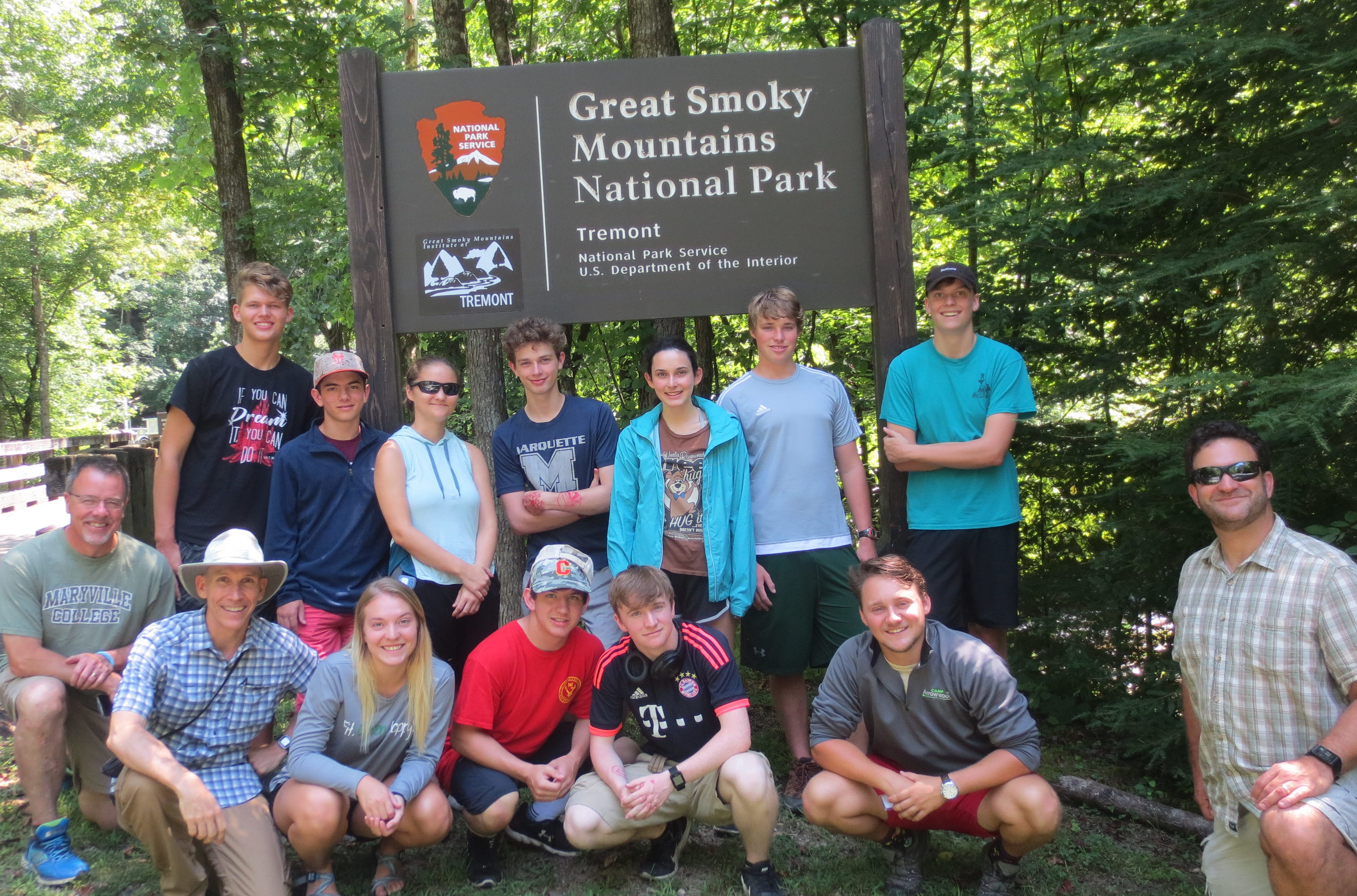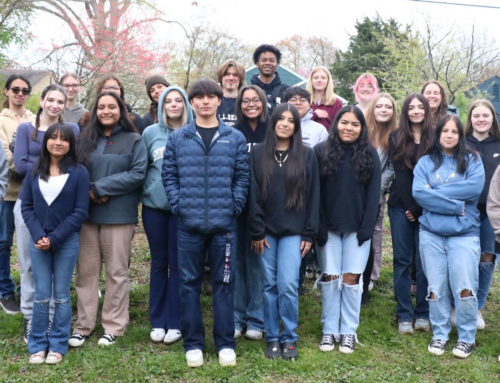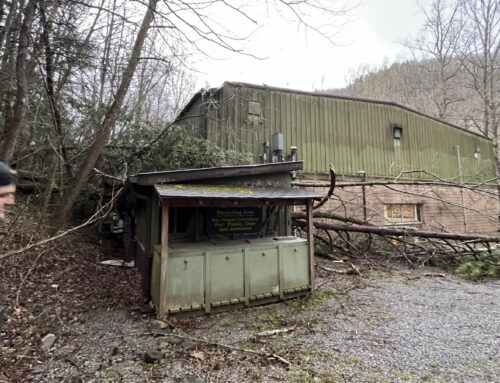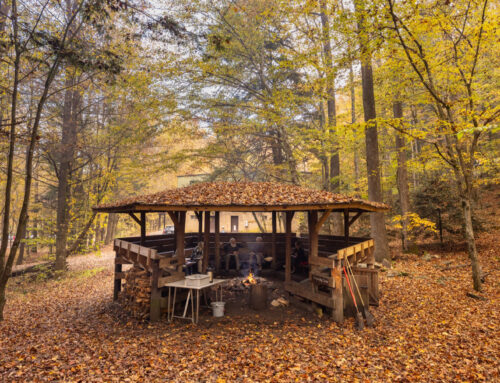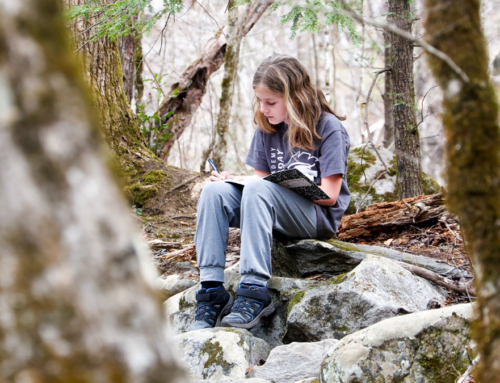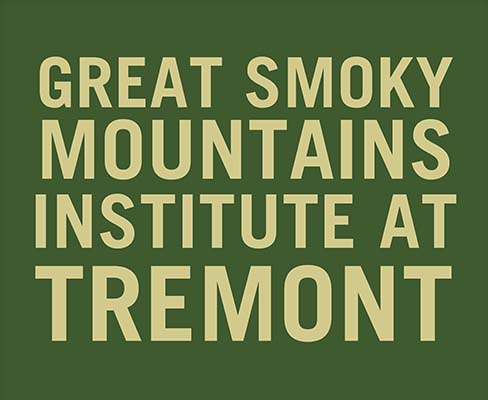In response to a host of developing societal issues, scientists across a wide spectrum of disciplines are studying the human-nature connection and what happens when we spend time in or become disconnected from the natural world. In this Evidence for Experiential Education series, we’re taking a look at research findings and anecdotes from past Tremont participants related to the health, learning and behavioral benefits of experiences rooted in the natural world.
“Into The Field,” an article by Amanda Giracca appearing in Orion Magazine, highlights the lack of experiential education culture at the university level. She points out the irony of young adults being sent out into the “real world” to attend colleges and universities, where many of them will have few, if any, real-world experiences built into 4 or more years of coursework.
Experiential learning can be defined as an individual having personally meaningful, largely unscripted interactions with the living world. We experience by interacting firsthand with subjects, and we learn by incorporating the impressions left by our experiences with our preexisting worldview and knowledge base. Within experiential learning, content such as vocabulary, statistical facts, and historical relevance can be sprinkled in by the facilitator, but information takes a backseat to the sensory and emotive experiences at hand.
In the article, Giracca quotes Brazilian educator Paulo Freire’s Pedagogy of the Oppressed, which says “education is suffering from narration sickness.” Freire was referring to the modern system of education where teachers feed information and students passively take it in. In other words, content delivery that is devoid of experience.
The “narration sickness” is systemic throughout all levels of education, and in our adult lives too. Consider our new second nature in turning to Siri or Google for immediate answers to unknowns. We passively take in answers as they appear or are vocalized through our glowing, blue screens. No interaction with the world or struggle for comprehension. No experience necessary.
Meaningful experiences lead to personal transformation. Personal transformation leads to less focus on the self and an increased sense of empathy. Empathy leads to ethics of environmental stewardship and community well-being, as well as a consideration for future generations. Isn’t that our highest hope for our students, to care about the world around them and be intentional about their path through life?
All Tremont participants experience programs that focus on field study, personal inquiry, and thorough reflection. While Tremont is most often associated with summer camps and field trips for students at the 5th-8th grade levels, we also host a number of university consortiums each year for undergraduate and graduate students, as well as numerous courses for lifelong learners. For most of our college student participants, their program at Tremont is the only higher education course that is fully experiential in presentation, and we understand that experiential learning is essential to regenerative education.
There are higher education institutions that offer robust options for experiential learning throughout an undergraduate or graduate program. Many others have made it a priority recently to infuse programs with opportunities for real-world experience. Tremont is proud to claim faculty and staff who have graduated from acclaimed experiential learning institutions, such as Prescott College, Middlebury College, Berea College, and Appalachian State University. It is from our collective background, and continued training at Tremont, that we draw the inspiration and expertise to design and implement experiential opportunities in higher education, and for adults from all walks of life, in one of the world’s premiere classrooms, Great Smoky Mountains National Park.
At Tremont, we believe everyone deserves access to experiential outdoor education, no matter where they are. That’s why we developed The Schoolyard Network, a free professional development network for educators of all backgrounds. Educators in the Schoolyard Network are invited to free monthly professional development sessions where they can share ideas and encouragement as we explore better teaching and learning by using the environment as an integrating concept. Meetings are virtual and there is no cost to participate – tap into this educator network.
